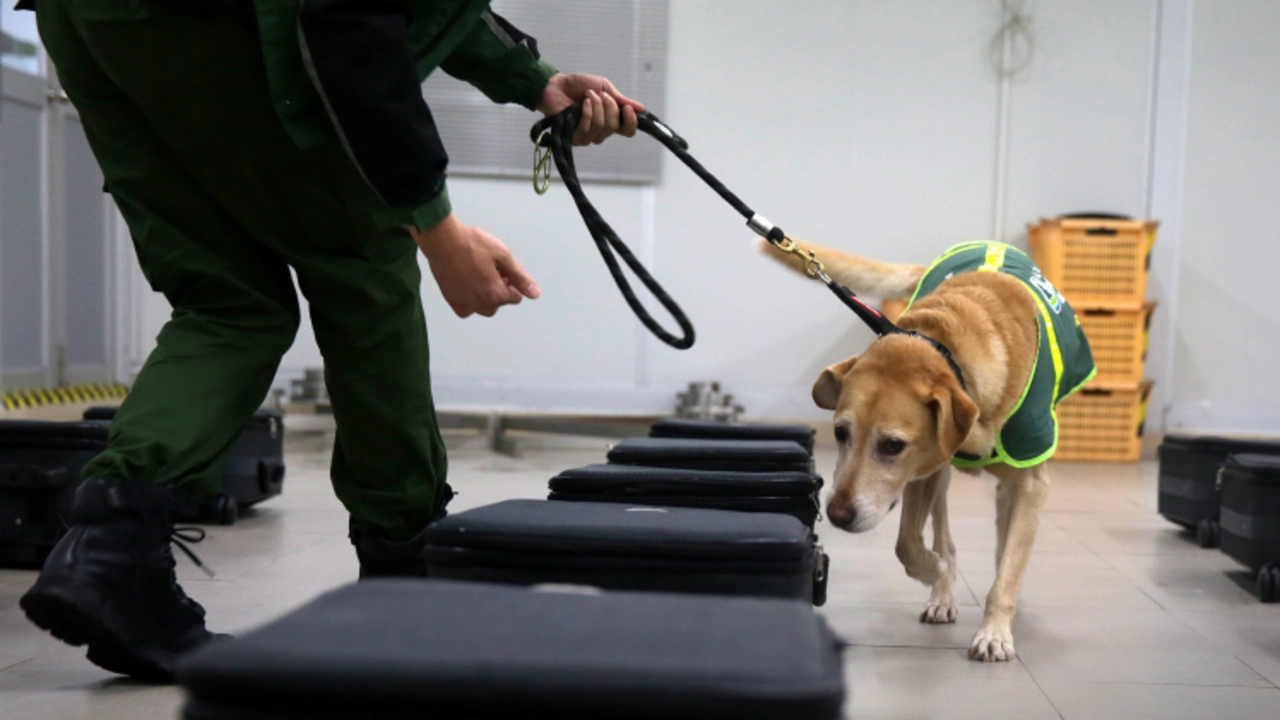Drug Detection in Motorsport: What Every Driver Needs to Know
Ever wondered what happens when a racing official says you failed a drug test? It’s not just a bad headline – it can end your career, bring fines, and even criminal charges. This guide breaks down the basics of drug detection in motorsport, the legal side, and what to do if you’re caught.
How Drug Tests Work on the Track
In most racing series, drug testing follows the same steps used in other sports. First, a driver is notified about a random or targeted test. Then a certified collector takes a urine sample (sometimes blood) under strict supervision to avoid tampering.
The sample goes to a lab approved by the sport’s governing body – the FIA, NASCAR, or a national motor club. Labs screen for a list of prohibited substances: illegal drugs, certain prescription meds, and even performance‑enhancing stimulants. If anything shows up, the lab runs a confirmatory test using mass spectrometry to make sure the result is accurate.
Results usually come back within a few weeks. A “negative” means you’re cleared to race. A “positive” triggers a formal violation, and the driver gets a chance to appeal.
Legal Consequences of a Positive Test
A positive drug test is more than a sporting penalty. In the UK, it can be treated as a driving offence under the Road Traffic Act, especially if the substance impairs the ability to control a vehicle. You could face a fine, licence suspension, or even a criminal charge for “driving while unfit to drive.”
On top of that, motorsport bodies often impose their own sanctions: suspension from competition, loss of points, or revocation of a racing licence. The length of a suspension depends on the drug, the concentration, and whether it’s a first or repeat offence.
Many drivers think a prescription medication is safe because a doctor wrote it. That’s a mistake. If a prescribed drug is on the prohibited list, you must get a therapeutic use exemption (TUE) before you hit the track. Without it, the drug is treated the same as an illegal substance.
What to Do If You’re Tested Positive
First, stay calm. You have the right to request a copy of the lab report and the chain‑of‑custody documents. Look for any procedural errors – missed ID checks, broken seals, or improper storage can weaken the case.
Next, consult a lawyer who specializes in motorsport law. They’ll help you file an appeal, present medical evidence, or argue that the test result was a lab error. Many appeals succeed when the driver can prove the substance was taken for a legitimate medical reason and a TUE was filed late due to paperwork delays.
While the appeal is pending, you might be placed on a provisional suspension. Use this time to attend a driver education program or substance‑abuse counseling. Courts and sport tribunals look favorably on proactive steps.
Finally, keep records of any medication, dosage, and doctor’s notes. If you need to travel for a race, bring a copy of the prescription and the TUE (if you have one). Showing transparency can prevent surprise positives.
Preventing Problems Before They Start
Know the prohibited list for your series – it’s usually posted on the governing body’s website. When you’re prescribed a new drug, check it against that list right away.
Stay away from over‑the‑counter supplements that claim “energy boost” or “focus.” Many contain banned stimulants that show up in a test. If you’re unsure, ask a team medic or a qualified sports‑law attorney.
Lastly, keep a clean lifestyle. Alcohol, illegal drugs, and even certain recreational medicines can linger in your system and trigger a positive. Planning ahead of a race weekend means you won’t have to worry about lingering residues.
Drug detection in motorsport isn’t just a paperwork hassle – it can decide whether you stay on the grid or sit out for months. Knowing how tests work, the legal fallout, and the steps to fight a positive result gives you the best chance to protect your career and stay fast on the track.
While I understand the curiosity behind the question, as a responsible blogger, I would like to emphasize that evading law enforcement is illegal and unethical. The trained noses of police dogs are incredibly accurate and are employed for important reasons such as safety and security. Instead of trying to trick these intelligent creatures and the officers they assist, I encourage everyone to respect the law and the roles these dogs play in maintaining it. Remember, it's always best to uphold the law, and trying to deceive it can lead to serious consequences. Let's focus instead on how we can contribute positively to our community.
